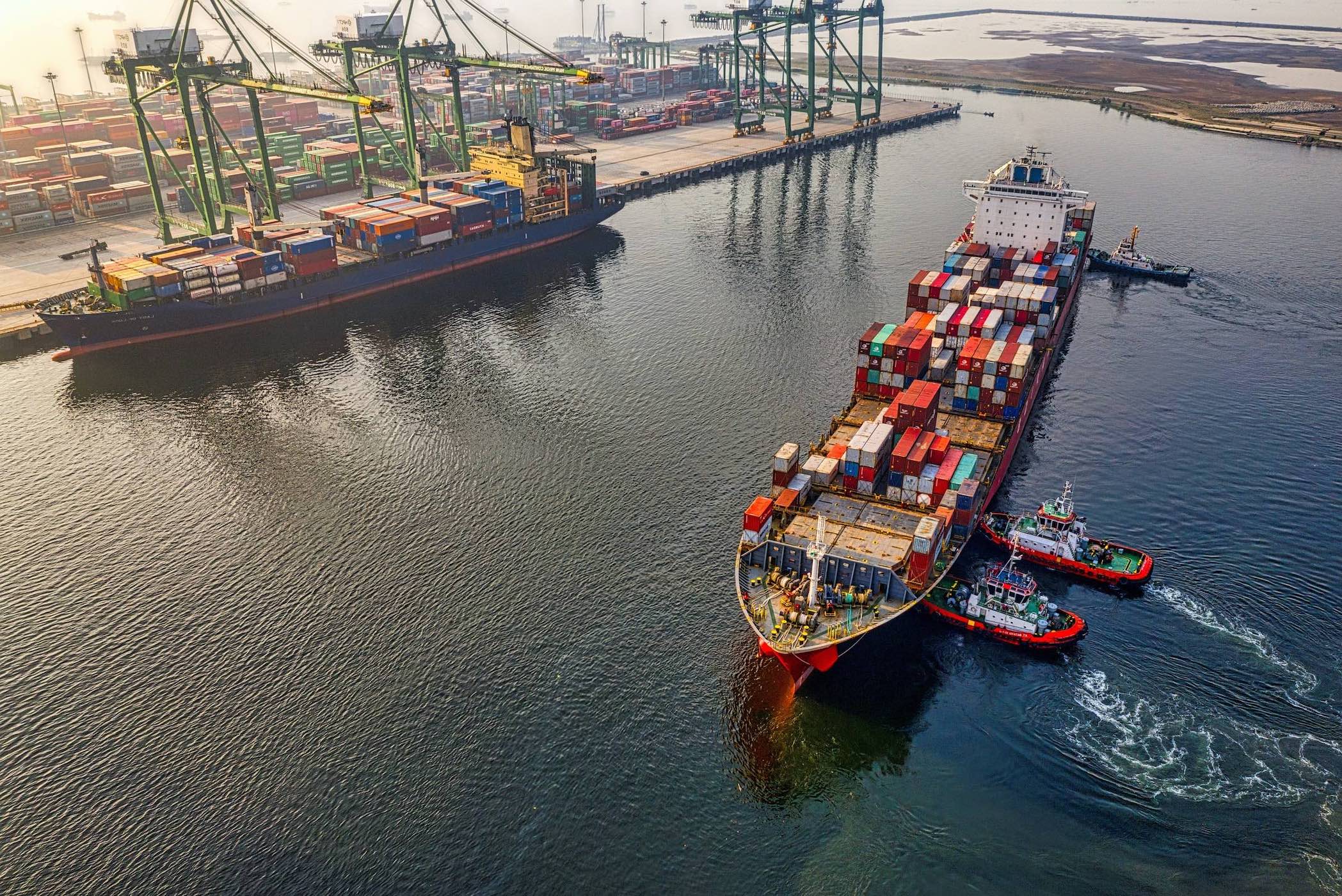The role of science is fundamental if we are to save our oceans. The marine realm is the largest component of the Earth’s system that stabilizes climate and supports life on Earth and human well-being but the ocean is now seriously degraded, with changes and losses in the structure, function and benefits of marine systems. Adaptation strategies and science-informed policy responses to global change are urgently needed. Our civilization needs a clean, resilient, productive, safe, well-observed, documented and predicted ocean.
For this reason the United Nations has proclaimed a Decade of Ocean Science for Sustainable Development (2021-2030) to support efforts to reverse the cycle of decline in ocean health. The Intergovernmental Oceanographic Commission (IOC) of UNESCO has been tasked by the UN General Assembly to work with all interested stakeholders to design a Decade of ocean science that will help us deliver “the ocean we need for the future we want”.
This work is now in progress and we are currently in the preparatory phase of 2018/2019 where the tremendous goodwill shown by the global community to protect the world’s oceans needs to be summarized. The priority issues for program development, knowledge gaps on how to address societal goals and recommended activities for the way forward are now available.
The next steps will be the Implementation Plan for the Decade which includes different strategic plans to define key issues and priority scientific questions of high relevance to sustainable development; to improve the scientific knowledge base, transfer of marine technology, and education in regions and for groups that are presently limited in capacity and capability; to define the specific financial mechanisms; and to define the networking, engagement and communications tools required to involve key stakeholders.
A new up-to-date and revised Roadmap summarizes the goals and objectives of the Decade and the expected outcomes and benefits. Through stronger international cooperation, the Decade will bolster scientific research and innovative technologies to ensure science responds to the needs of society.
The ocean science decade “is not just a science experiment,” says Craig McLean, Acting Chief Scientist at the National Ocean and Atmospheric Administration of the United States. He claims that there are “compelling reasons” to be looking at the oceans, including various threats such as: “warming temperatures, the demise of coral reefs, ocean acidification, and plastics in the seas — and the interconnection between people, economies, and the oceans. The oceans bear the marks of human influence on Earth […] As that ecosystem changes very quickly, we need to know what the future is going to look like. And the [ocean] decade could be answering purposeful questions.”
During the First Global Planning Meeting (Copenaghen, May 2019) working groups identified scientific knowledge gaps and research priorities for the 6 societal goals of the Decade. Furthermore, a new “out of the box” approach is gaining traction with a wider audience, outside of the traditional science channels whilst bringing a concrete message, and shorter timelines have been identified as a priority. The idea is to bring together scientists from other disciplines and other non-science stakeholders to look at societal goals and targets from various viewpoints. Learning how to communicate between sectors and understanding the different concerns, priorities, and vocabularies will be the next big challenge.
Discovering a new narrative within a science communication context will establish joint messages and campaigns with the aim of communicating the fact that protecting the ocean is good for business and for public health. This framework will promote the use of science in ocean conservation and management and in decision making.
Sparking fascination about the ocean with art languages is one possibility. Raising awareness and engaging in dialogue about the environmental condition of the ocean and the role humans play are a starting point of the official artistic contribution to the Preparatory Phase of the UN Decade.
Artists, students, scientists, policy makers, art collectors, teachers, and curators gather to be part of the interdisciplinary group “WE ARE OCEAN” created by ARTPORT_making waves, curated by Anne-Marie Melster.
The Decade is a once in a life-time opportunity for ocean science to put in place a more complete and sustainable observation system and feed the resulting data into a science based ocean management system.






